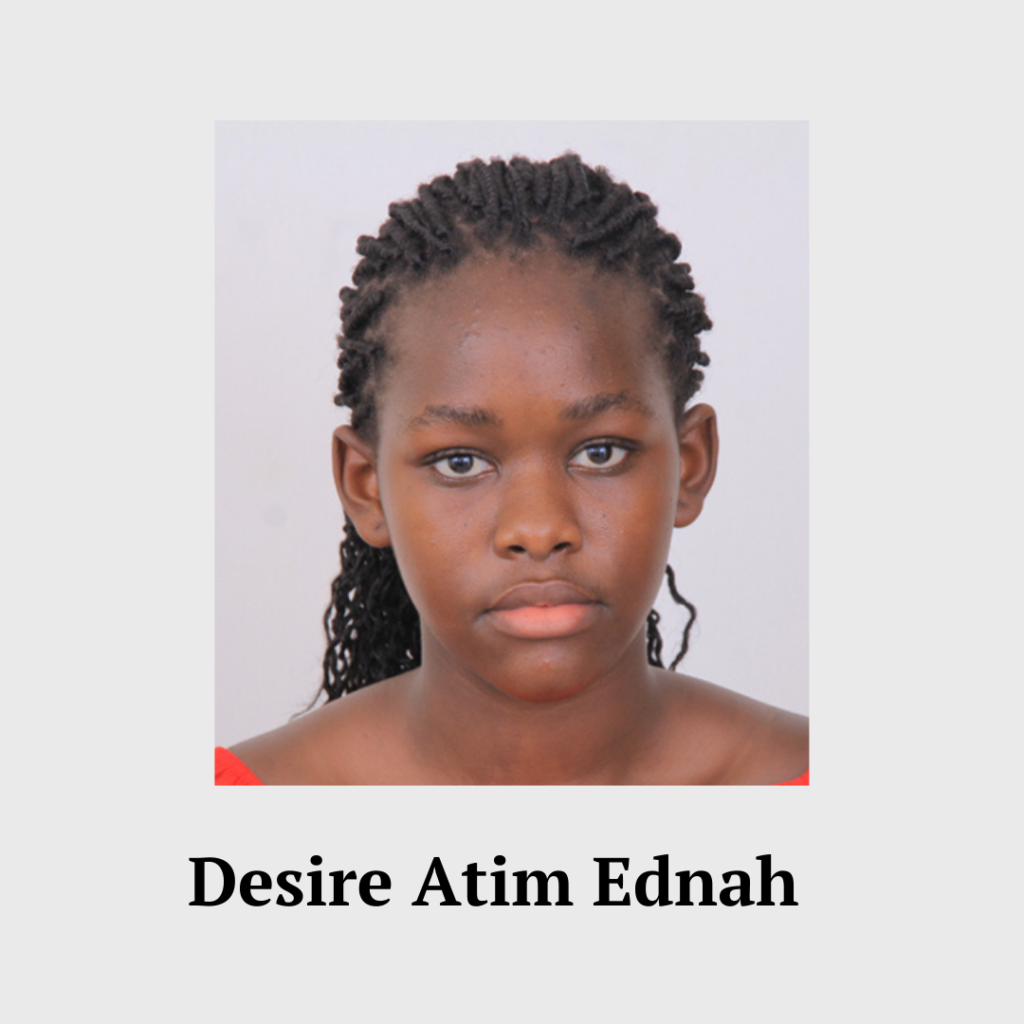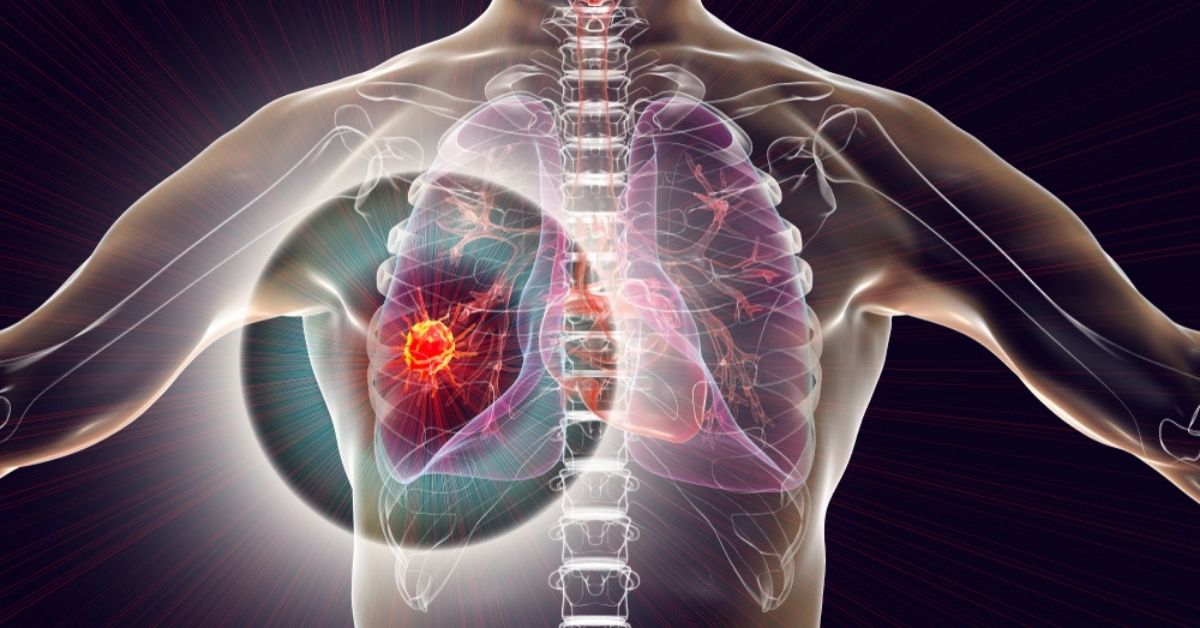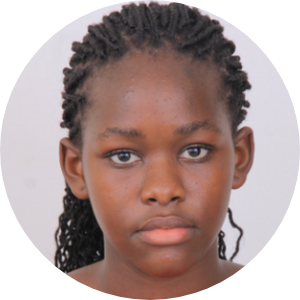CANCER: A silent killer in Uganda
December 30th, 2021

Cancer is the second deadliest disease in Uganda. According to GLOBOCAN 2020, the country has a total of 45.7 million people, and in 2020 alone, there were 34,008 new cases of cancer and 22,992 deaths. Of the new cases, 19,479 were female and 14,529 were male. While the disease is treatable, factors such as fear, denial and poor medical facilities affect quick diagnosis. Desire Atim Ednah, a 16-year-old Correspondent shares the agonizing story of one Ugandan mother –Jane.
On November 24, 2021, I got the opportunity to hear Jane’s story from her 23-year-old daughter, Grace. Jane had begun experiencing throat pain in February 2019 when she was 55 years old. Thinking it was perhaps a sore throat, she did not seek medical attention but self-medicated with cough remedies. In May 2019, what Jane thought was a simple cough turned out to be much more threatening. She started experiencing challenges with her breathing and had to seek medical care in Mbale Hospital. Doctors diagnosed her with thyroid disease and she was swiftly put on treatment. Despite this, the pain became more severe and her breathing problem worsened day by day. As her situation grew worse, Jane’s family requested in August that same year that she be referred to Mulago Referral Hospital, the main hospital in Uganda.
When she arrived at the new facility, doctors did a quick assessment and found a lump around her neck. There were challenges at Mulago but Jane was fortunate to have a relative working at the hospital. Using that connection, she gained access to a laboratory scientist who tested her for cancer. She was also advised to do a separate cancer test at another laboratory. Both tests came back positive for the disease. Jane was suffering from lung cancer and it was spreading quickly. “This sounded like a horror to the entire family,” a tearful Grace lamented as she recalled the moment her mother received the diagnosis. “I was shocked and confused to see that it was lung cancer instead of thyroid cancer.”
For poor families like Jane’s, cancer treatment is a most expensive undertaking. “Our relative, whom I cannot mention by name, struggled to raise funds and mummy was successfully operated [on],” Grace revealed. But she noted that the family almost lost all its property in the process of raising those funds.
Due to her mother’s poor breathing and eating, doctors recommended that she be introduced to tracheostomy (breathing) and gastrostomy (feeding) tubes to support her. “To me, this was the beginning of the family’s and mummy’s pain because she started deteriorating every day of her life and the pain intensified.”
Every 21 days, Jane had to go to a medical facility for chemotherapy, which was a physically painful experience for her as well as an emotionally painful one for her daughter. While Jane did not lose her nails like other chemotherapy patients, she lost her hair, which is another common side effect of that treatment. She also experienced pain, discomfort, nausea and vomiting. Her worst experience came on December 26, 2020, when she was rushed to hospital and taken to theatre because of her poor breathing. “I thought mummy would not make it out of theatre. However, by God’s grace, she was brought out alive.”
“The bad breathing with its associated challenges has continued and we feed her with a spoon. She mainly eats porridge and diluted Irish. Speaking and turning is still a problem. At some point, we see her improving but because of the damages on the lungs, her health suddenly changes any time. She has lost a lot of weight because of not eating well,” Grace shared. As her mother’s caretaker, she described her experience as very agonizing and traumatizing.
Grace believes her mother’s case might not have been misdiagnosed initially as a thyroid issue had there been better medical facilities and more well-trained doctors. As a result, she wants the Ugandan government to introduce well-equipped cancer institutes with specialty doctors in all regional hospitals. She suggested that decentralization of cancer institutes would reduce the strain on the country’s main medical facility, Mulago Referral Hospital. Additionally, Grace underlined the importance of people seeking professional help as soon as possible if they notice any uncommon or persistent medical issues. As was the case with her mother, it might be more menacing than one might think, and early detection and diagnosis is the key to effective treatment.
It is also vital that the Ugandan government works towards making health services more accessible and affordable by all people. Finally, there is need for a mass sensitization both at the national and community level about different types of cancer and how they manifest. Open discussions about the disease might help lift the cloak of fear that prevents some people from seeking medical help even when they are experiencing symptoms.
Photo Credit: Shutterstock
About Atim Desire Enah: I am interested in becoming a neurosurgeon. I enjoy reading Ben Carson’s books such as Gifted Hands. I also love writing. Last year the Daily Monitor, a local newspaper, published my article on COVID-19. In my free time, I enjoy jogging, watching cartoons and listening to gospel music.






